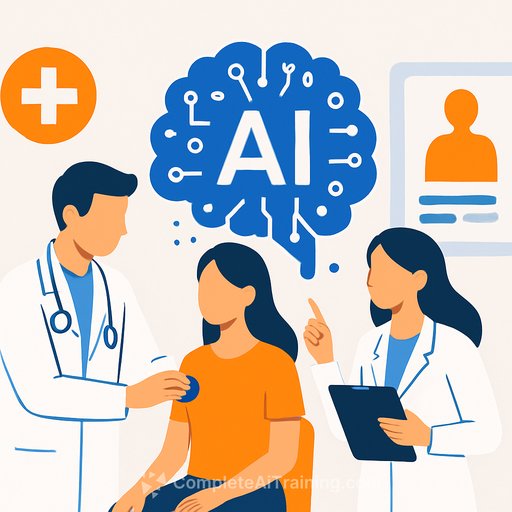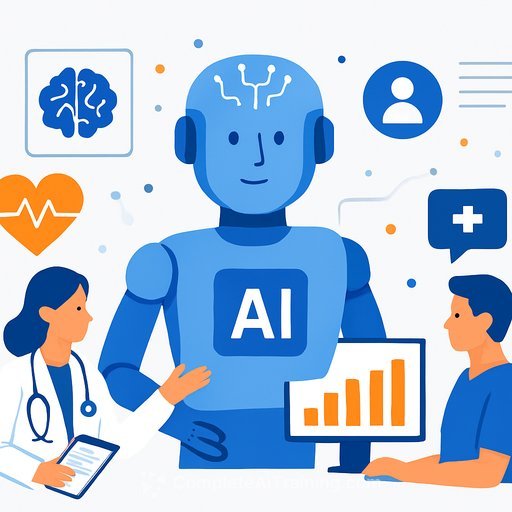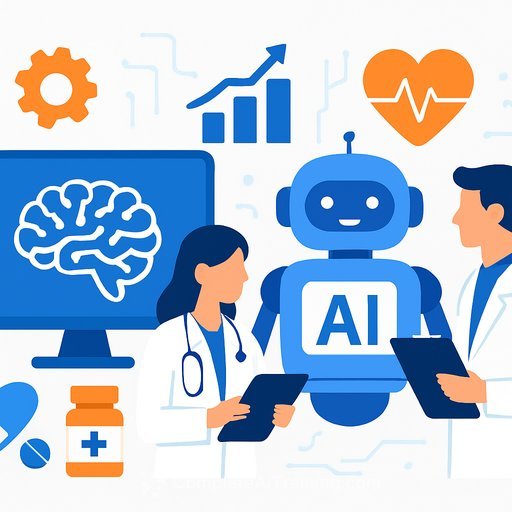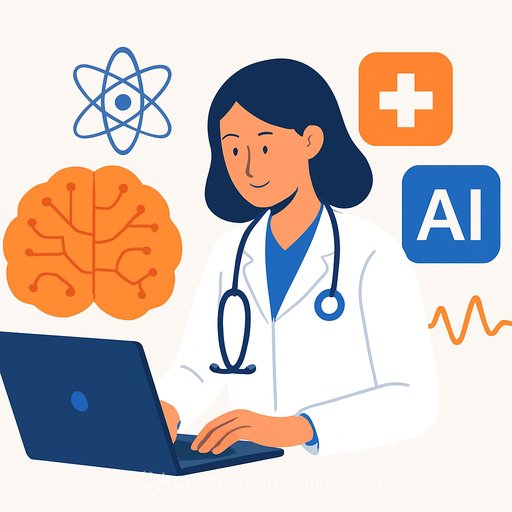Why Long Medical or Law Degrees Could Be Risky in an AI-Driven Future
Jad Tarifi, the founder of Google's first generative AI team, offers a stark warning to anyone considering lengthy degrees like medicine or law. AI is advancing so fast that by the time you finish a Ph.D. or a similar program, the technology landscape—and the skills required—may be entirely different.
He points out that dedicating years to academic study, especially in fields like medicine, might mean investing time in outdated knowledge. Medical education often relies on memorization, and what you learn today could be obsolete in just a few years. Tarifi suggests this could translate to "throwing away eight years of your life."
AI Is Changing How We Work—Fast
Tarifi’s concerns echo a growing conversation about AI’s impact on jobs. For healthcare professionals, this means the tools, processes, and required expertise are evolving quickly. The rise of AI-assisted diagnostics, robotic surgeries, and automated administrative tasks means the traditional path of long academic training might not prepare you for the near future.
Even top executives and software developers face changes. Nvidia CEO Jensen Huang warns that those who don’t integrate AI into their work risk being left behind. The same applies to healthcare workers who resist adopting AI tools.
Focus on Soft Skills and Adaptability
Tarifi believes the best investment isn’t just technical knowledge but emotional intelligence and adaptability. Skills like meditation, social interaction, and emotional awareness will become more valuable as AI handles routine or technical tasks.
He calls this “emotional attunement” and “good taste”—qualities that help you prompt and work with AI effectively. You don’t need to master every technical detail to succeed; understanding how to navigate challenges and collaborate with technology will be key.
Practical Advice for Healthcare Professionals
- Reconsider long academic commitments: If you’re not deeply passionate about pursuing a Ph.D. or long medical training, think twice about the time investment.
- Embrace AI tools: Stay updated with AI applications in healthcare to enhance productivity and patient care.
- Develop emotional and social skills: These will help you work alongside AI and connect with patients on a human level.
- Keep learning actively: Focus on real-world experience and adaptable skills rather than just academic credentials.
For healthcare workers interested in staying ahead, exploring relevant AI training courses can provide practical skills without the lengthy academic path. Platforms like Complete AI Training offer courses geared toward professionals seeking to integrate AI in their careers.
What This Means for the Future of Healthcare Education
Traditional medical education may need to evolve quickly to stay relevant. AI will continue to automate routine tasks, analyze data faster, and offer diagnostic support. Healthcare workers who combine medical knowledge with strong soft skills and AI literacy will be better prepared.
Ultimately, the advice is clear: focus less on long, rigid academic paths and more on flexible learning and real-world engagement. This approach will help healthcare professionals stay adaptable and valuable in a fast-changing environment.
Your membership also unlocks:






